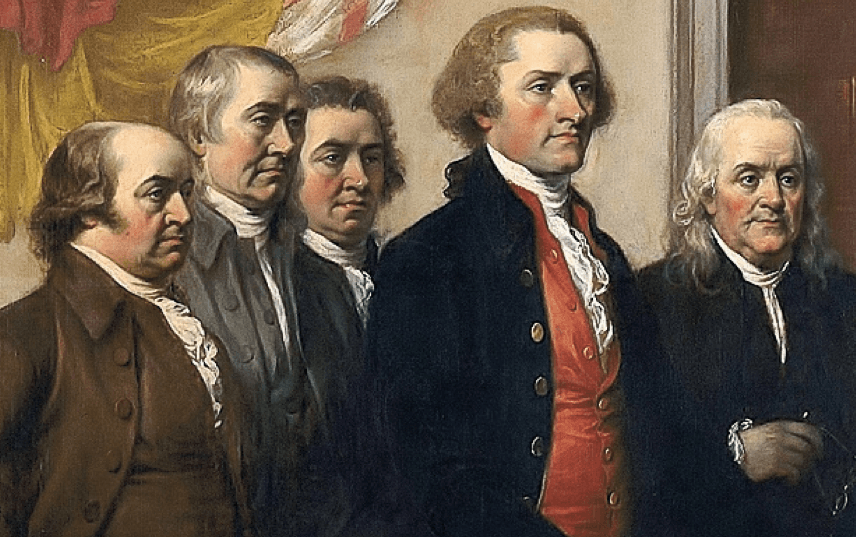Commentary
The Fourth of July: a date that thrills the heart of all patriotic Americans. On it, we commemorate Thomas Jefferson’s heavily edited, yet still eloquent and inspired, Declaration of Independence.


The Fourth of July: a date that thrills the heart of all patriotic Americans. On it, we commemorate Thomas Jefferson’s heavily edited, yet still eloquent and inspired, Declaration of Independence.